Fishing lure: From license to rod, the beginners guide to fishing; what you need to know
PHILADELPHIA - Fishing is an all-encompassing term that, for many who do not participate, can symbolize a day on a lake or a beach, or on a boat, moored somewhere, silent and focused on the big catch. Those who are serious and do participate know it is that idyllic picture and yet, they know it to be so much more.
A wise man once said, "A bad day of fishing is better than a good day at work."
That could be said of any intense interest, but those who fish, whether for sporting purposes or just because it’s a beautiful way to spend time in nature, will bring the same truths to the conversation. For those who don’t fish, or even for the casual fisher, there’s an art and a science that requires time and patience to grow and mature.
"I go fishing not to find myself but to lose myself." - Joseph Monninger
When talking with serious fishermen (fisher people?), you quickly realize they have found and adopted something in their life that is bigger than just an occasional moment in time, easily replaced by some other shiny object. For the newcomer, or for the blasé, to listen to fish stories from the experienced, if you’re truly paying attention, you glean from them the passion brought to the day spent on the lake or out in the ocean, communing with nature, or bonding with friends, but all the while loving the moment. You realize the fabled fish story – "The one that got away" – holds a bigger truth, because of the love for the sport.
"Time is but the stream I go a-fishing in." - Henry David Thoreau
Avid fisherman, Jeramy Good, has fished all over the United States and out in the waters of the Atlantic Ocean. Fishing is a hobby learned in childhood from the moment he could stand, taught to him by his father, John Good, and a pastime he is handing down and teaching to his children.
Sport fisherman Carl Frandino came by his love of fishing in a similar way…taught by his father, fishing with his brother and dad, either in upstate New York, or on the open waters of the Atlantic, spending time together waiting for the bite to reel in.
One quickly notices the pattern. Fishing is often a hobby passed through generations, as a bonding exercise, but also an exercise of a parent teaching a child the art of patience and the love of nature.
"If I fished only to capture fish, my fishing trips would have ended long ago." - Zane Grey
As a novice, this writer spent time with Good and Frandino to tap into what it is about fishing that is special, knowing they have expertise in all areas of fishing, having learned and applied years of experience to the sport. When asked a variety of questions, you are provided thoughtful answers based on facts they both learned.
FISHING EXPERIENCE
A typical fishing day can start long before the sun’s rays cast light in the sky, often starting anywhere from midnight to 3 a.m. Fish feed during times of low light because there is a reduced likelihood of being spotted by predators. In order to increase your chances of a better takeaway for the day, the day must begin before the light.
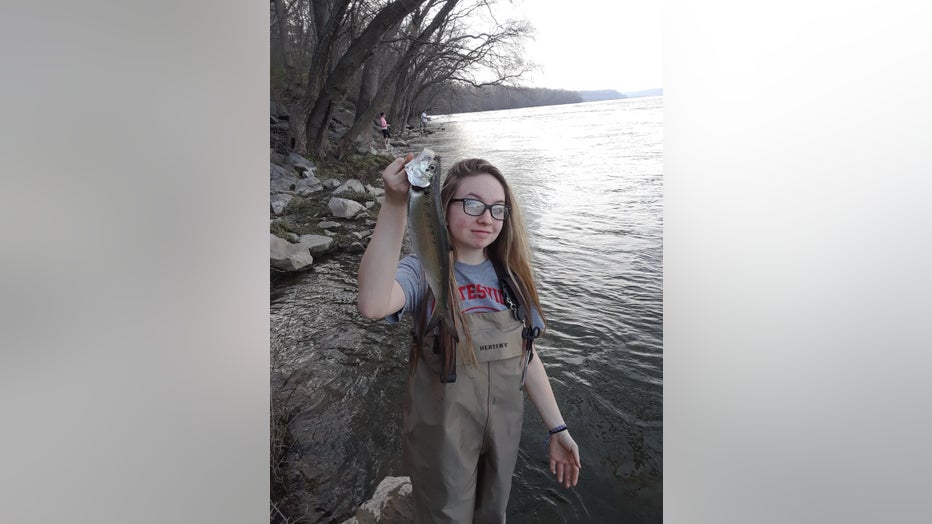
But, so many other things come into play – weather, salt water, fresh water, out on the water in a boat or standing by the shoreline or lakeside – all contribute to a successful catch.
Above and beyond all of that, however, is the most important question - what kind of fish are you seeking? For the answer dictates what equipment applies and how the day will proceed.
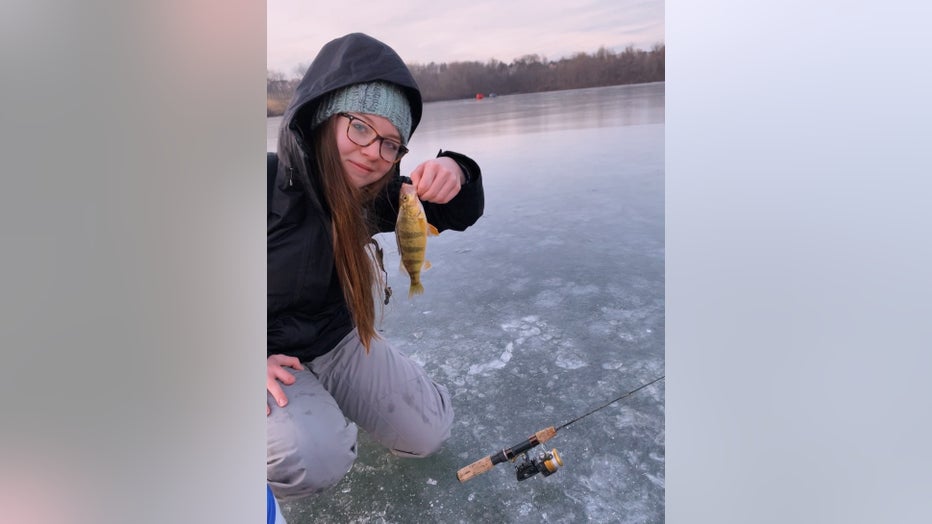
Walleye, smallmouth bass, catfish, trout, tuna, Mahi Mahi, Bluefish and striped bass. The names fall off the tongue as easily as yes and no. And, the novice realizes there is a whole culture and way of life not previously known.
"Fishing is not just about catching fish; it's about understanding the delicate balance of nature." - Aldo Leopold
A day on the water is all about the fish being sought. Gear, bait, hooks are based on the kind of fish you are seeking. In a boat? On the ocean shoreline? In a boat on a lake? On the edge of the shoreline of a lake? It’s all about what you are trying to catch.
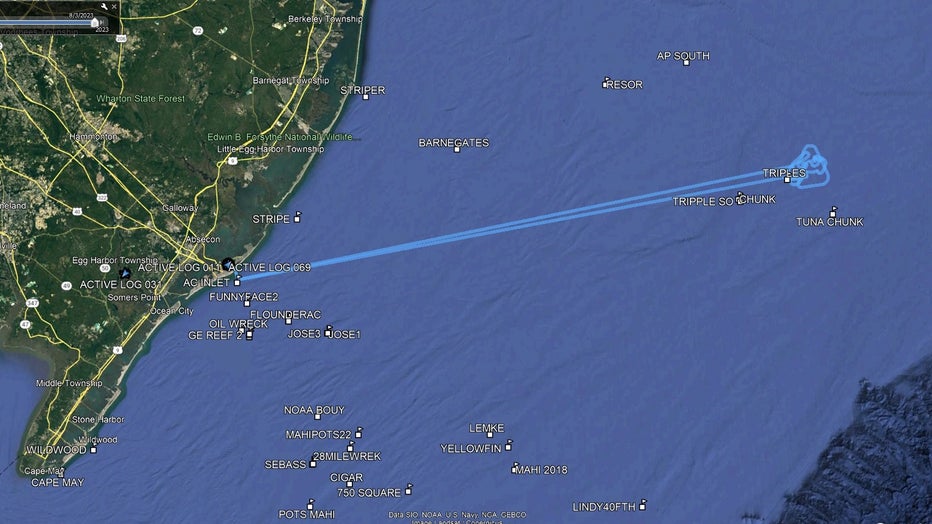
Frandino begins a fishing day somewhere between midnight and 3 a.m., heading out on his boat with friends, often to the continental shelf, roughly 80 miles from the Jersey shore. In conversation, he said it does depend on what he and his friends might be fishing for, but there is the appropriate gear, bait and the other elements a day on the water will require in order to get through what they are attempting to accomplish. And, they are usually successful.
Good explained how weather is such a huge factor, from approaching cold fronts to moon cycles. All play a critical role in the sort of fishing day a person or a group can have.
For the novice fishing person, other items to note include license requirements, invasive fish and the various differences between ice fishing, sport fishing and commercial fishing.
LICENSES:
The purpose of a fishing license is to help fund conservation. According to the U.S. Fish and Wildlife Service, 100 percent of license fees go back into the land and water.
Each state has its own requirements and fees and varying fishing activities – between salt and freshwater fishing, for example – have their own requirements, as well.
For more information and a breakdown of states, visit the U.S. Fish and Wildlife Service website.
FISHING GEAR:
Choosing the appropriate gear all depends on what fish you are hoping to catch. Additionally, the varied fishing trips will also dictate your gear. Sport fishing requires different items than tournament fishing, for instance, both Frandino and Good explained.
Some fishermen believe the best way to begin is with your hook. Hooks come in a huge variety of shapes and purposes. They can also be made at home, believe it or not! John Good sat with this novice and explained delicate and tricky hooks, all made by hand, serving different purposes, depending on the type of fish sought and the conditions of the day.
Frandino went on to explain the importance of hooks, based on the type of fishing one is doing. Participating in tournaments? Tournaments require a specific type of hook, again, based on the type of tournament fishing one is doing.
"Fishing provides that connection with the whole living world. It gives you the opportunity of being totally immersed, turning back into yourself in a good way." - Ted Hughes
Bait is important, again, depending on the type of fish one is hoping to catch. From worms, to even chicken, the proper bait serves the purpose of enticing the prized catch. Any decent bait shop can help the novice choose the appropriate bait for the day.
Your pole, reel and line are very important for a good catch of the day. Frandino explained how when fishing further out on the Atlantic, by the Continental Shelf, some of the bigger fish reside in the deep depths below the shoreline and an electric reel is an easier way to bring those fish, like blueline tilefish or swordfish, in from under the sea. Again, knowing where you are fishing and what you are hoping to catch makes all the difference in the gear you choose for the day.
WEATHER AND FISHING SEASONS
A person can fish year-round. Different fish can be caught, depending on the season. For instance, trout is more readily found in spring and fall, whereas bass might be more commonly found during the summer months, while panfish can be found year-round, in the northeast.
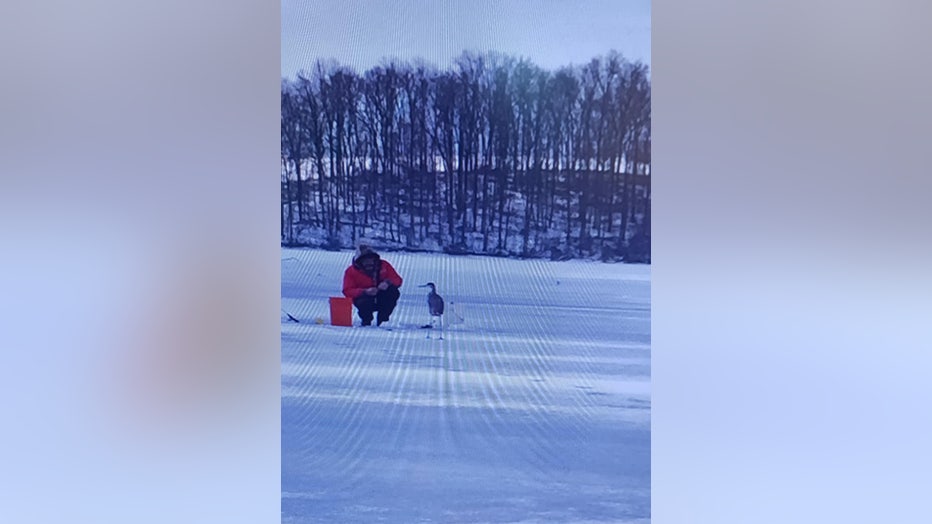
Ice fishing is an altogether different experience with its own challenges. Often one needs a shanty – a protective tent, as it were – to keep the fishermen warm enough to fish through the day.
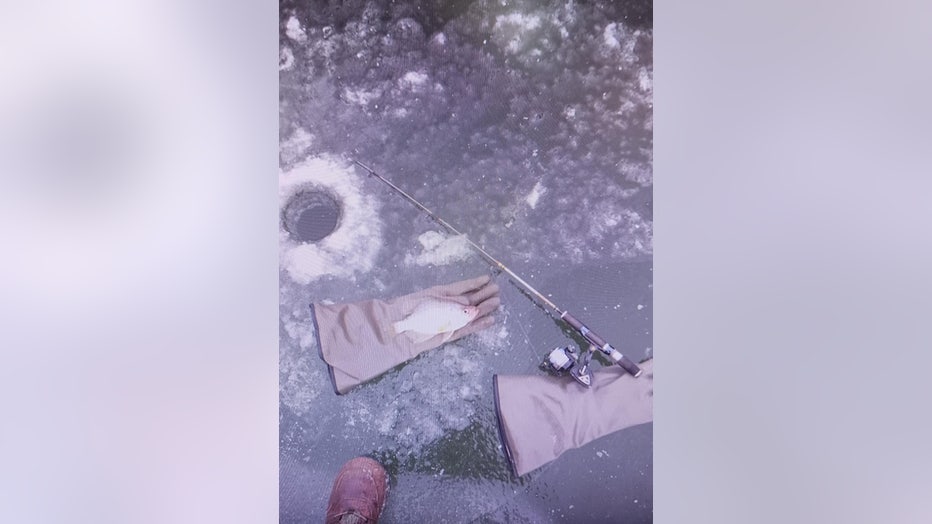
Frandino and Good explained how important weather forecasting is to a fishing day and often, a trip can be canceled at the last minute, based on updated bad weather forecasts. There are weather apps just for the purposes of fishing and can make your experience an easier one.
Where you fish dictates how you approach the physical aspect of throwing the line and waiting for the fish to bite. Good explained the differences between fishing in parts of the Susquehanna River versus fishing on a Maine shoreline, versus fishing in a Colorado stream. Each should be taken with a different approach and a good catch depends on your knowledge of how to get the fish to bite.
Commercial fishing is a completely different type of fishing from either a leisurely fishing day or sport fishing. Commercial fishing is for profit and is regulated heavily by the government. New restrictions are lifted or imposed each year, by the National Oceanic and Atmospheric Administration. Sport fishing and the leisurely fishing experiences are not regulated in that way.
"Many men go fishing all of their lives without knowing that it is not fish they are after." - Henry David Thoreau
In short, fishing is the experience of man or woman versus nature. One can make it a lifelong hobby, filled with the peace of co-existing with the natural world, fishing for a day’s dinner, or choosing to toss it back. Learning of the passion for the activity, one might choose to go ahead and find a way to find that catch of the day.


